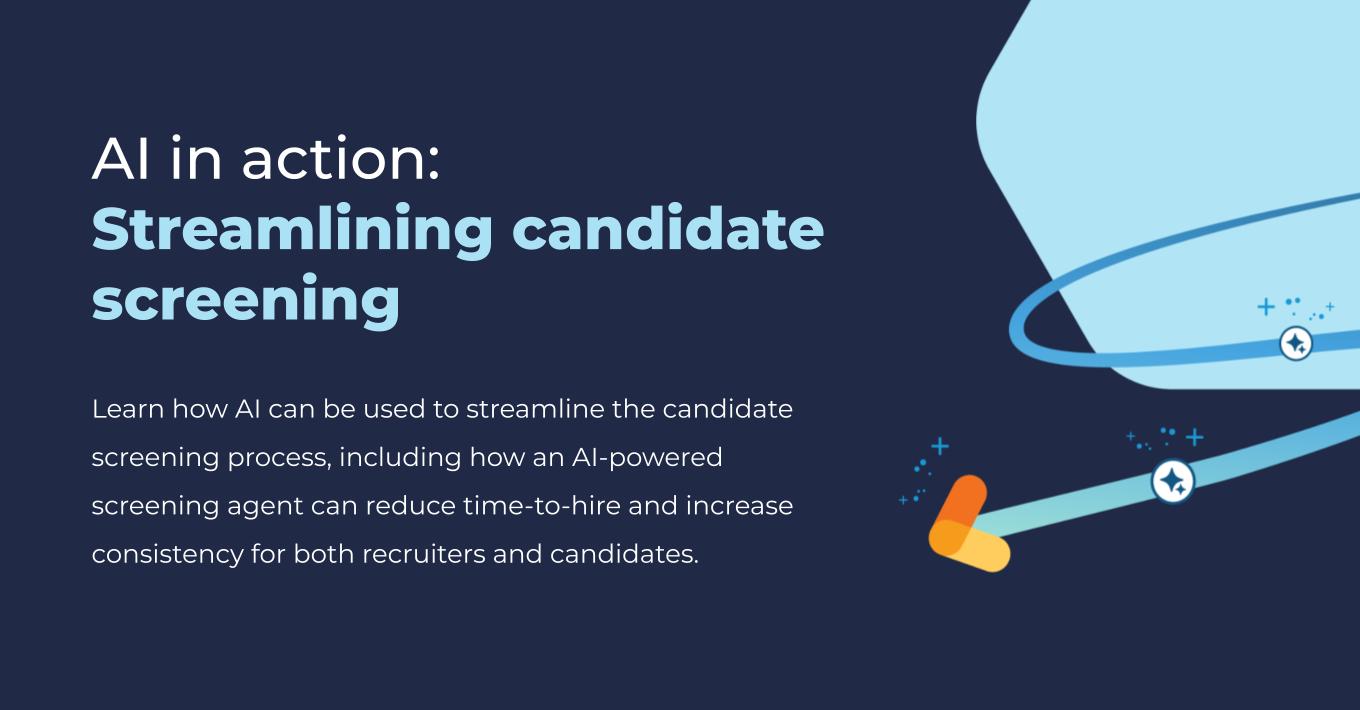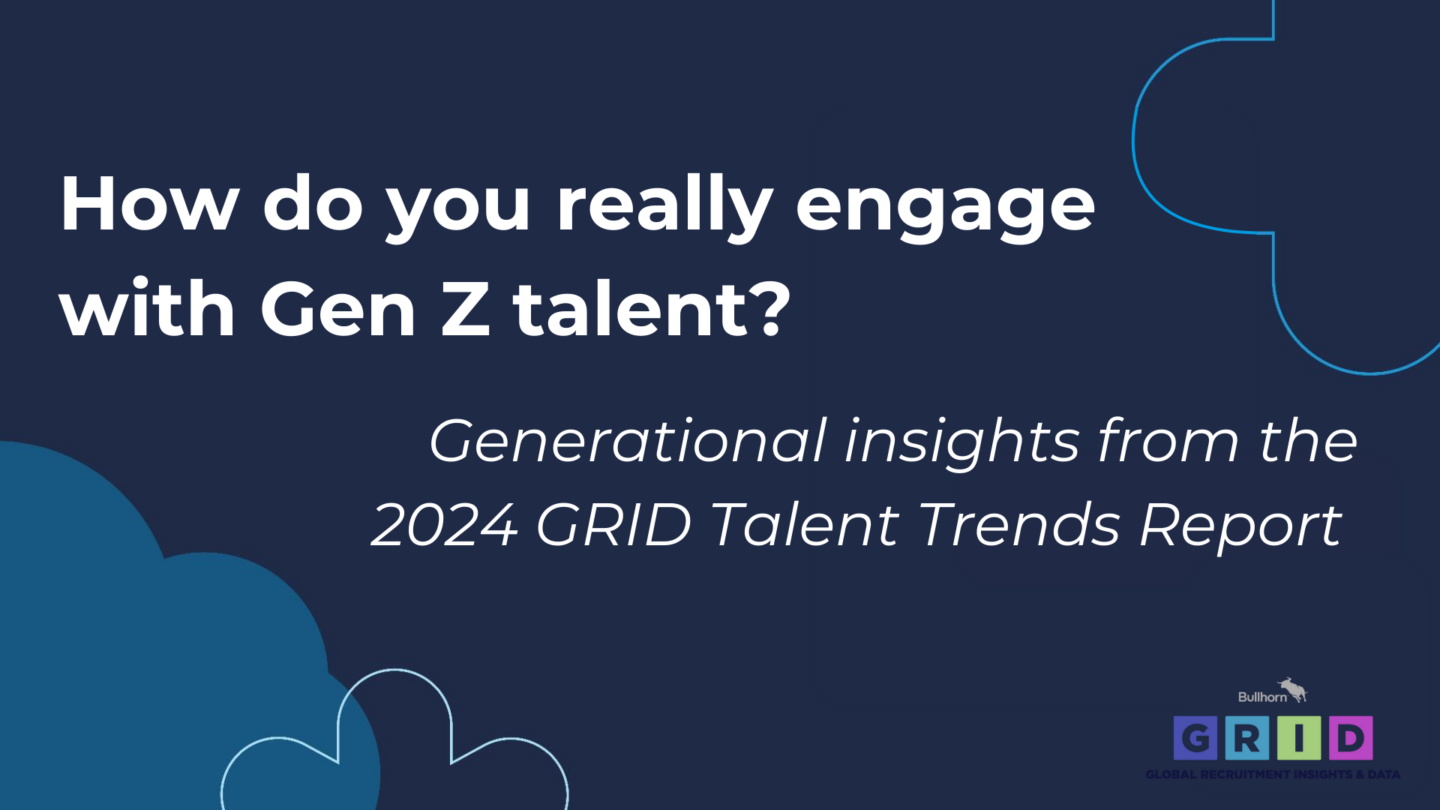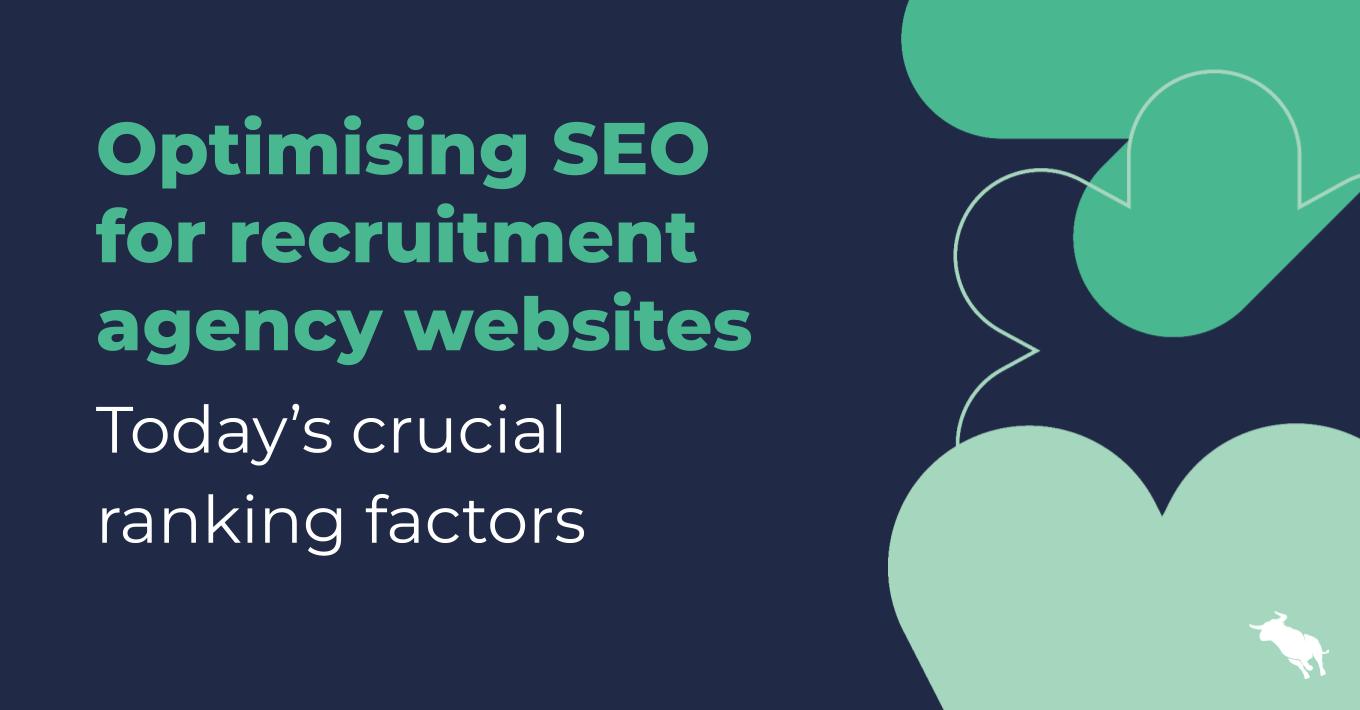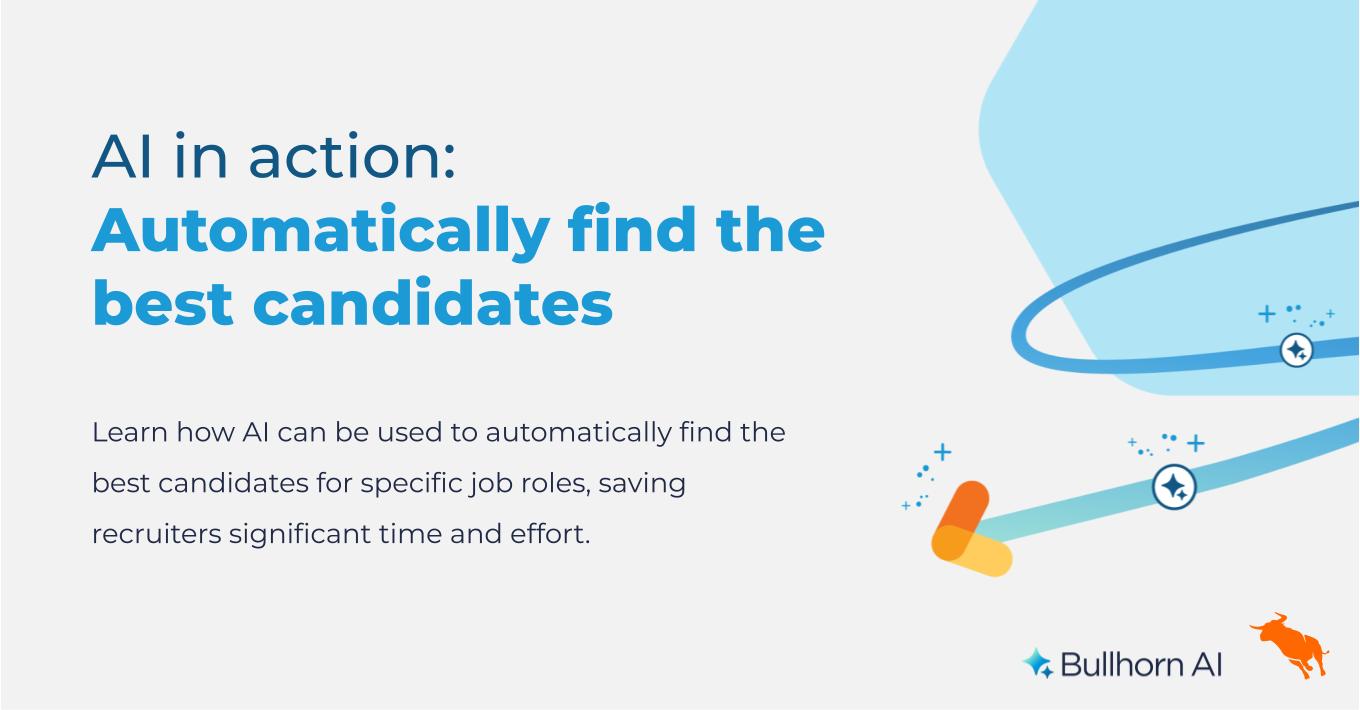4 Interview Mistakes Every Recruiter Should Stop Making
How do you approach interviews? Do you focus on building relationships, or are you just following a checklist and trying to move on to the next task? Your interviews with candidates shape the candidate experience, so it’s worth the effort to revisit and refine your interviewing process.
Recruiting all comes down to relationships, says Donna Carroll, global head of professional staffing at North Highland. She’s been in the industry for more than 20 years, and she knows that an important part of relationship-building is getting the interview right. “We have an appreciation and understanding for the difference between a great recruiter and an average one, and a high level of expectation around the candidate experience,” she says of North Highland.
We asked her what interview mistakes recruiters should stop making. Here’s what she had to say.
Mistake No. 1: Judging Too Quickly
Recruiters often have a tendency to judge people right out of the gate and not give them a chance in the interview, Carroll says. If someone isn’t dressed as expected or doesn’t seem to have the level of manners deemed necessary for a plum position, recruiters often pass judgment and write them off.
“We’ve got to be comfortable with the shifting world of work,” Carroll says. “There may be people who don’t present the same way we do or handle themselves the way we’ve expected them to. It just means people have to be coached and schooled a little more on that.” Be flexible and understanding, Carroll says, and look for the diamond in the rough who could be your next perfect placement.
Mistake No. 2: Running on Autopilot
Recruiters should avoid falling into a rut when they’re talking with candidates, Carroll says. It’s easy to switch to autopilot mode during an interview — ask the same questions, note the same answers, check on their success metrics. But to really shine as a recruiter, you have to take the interview a step further.
“It’s not about the process; it’s about building a relationship,” Carroll says. Millennials in particular want to understand more about the companies they might work for and how their work will affect it, rather than just learning about the tasks that need to be done. Carroll recommends being more of a “talent agent” than a recruiter by asking questions about fit and culture, rather than just whether a candidate has the necessary skills.
Mistake No. 3: Failing to Follow Up
As a recruiter, it can be easy to focus just on the short term. But, interviews should take the long term into account, Carroll says. Use the interview as an occasion to set expectations for the relationship down the road. Talk about what the candidate might expect throughout the process, and follow up with them about next steps if they need another placement.
“Touching base with an individual, even once they’re placed, is a high-value tool and something that’s not maximized,” she says.
Mistake No. 4: Not Staying Relevant
No matter what segment of the industry you’re in, you have to keep on eye on the horizon, Carroll says. “You have to be passionate about what you do and keep yourself out there.”
Carroll recommends participating in user groups and associations within the industry you recruit for. These meetings can connect you with potential clients and candidates but more importantly will help you stay up-to-date on the biggest issues in the industry, giving you ideas to talk about in your candidate interviews.
For more tips on engaging candidates, check out 4 Ways to Attract Passive Candidates on LinkedIn




